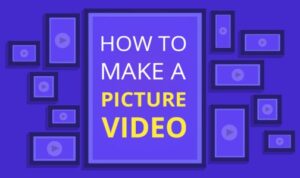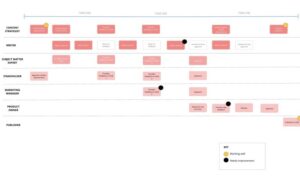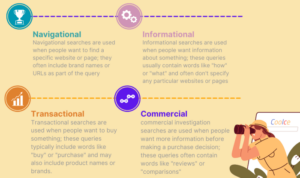How to Start a Blog sets the stage for diving into the world of online content creation, offering insights and tips that will empower aspiring bloggers to kickstart their digital journey with confidence and style.
Get ready for a wild ride filled with creativity, strategy, and all things blog-related!
Introduction to Blogging
A blog is a type of website where individuals or groups of people regularly post content on a specific topic or interest. The purpose of a blog is to share information, ideas, opinions, and experiences with a wide audience.
Starting a blog can have numerous benefits, including:
- Building an online presence and personal brand
- Establishing expertise in a particular niche
- Connecting with like-minded individuals and building a community
- Generating income through advertising, sponsored posts, or selling products/services
Popularity of Blogging
In today’s digital age, blogging has become incredibly popular, with millions of blogs covering a wide range of topics. Some statistics on the popularity of blogging include:
- Over 500 million blogs exist on the internet
- 77% of internet users read blogs regularly
- Brands that blog regularly receive 97% more backlinks to their website
- Blogs are rated as the 5th most trusted source for accurate online information
Choosing a Blogging Platform
When starting a blog, one of the most important decisions you’ll make is choosing the right platform. Popular options like WordPress, Blogger, and Medium each have their own strengths and weaknesses, so it’s essential to consider your goals and needs before making a choice.
WordPress
WordPress is one of the most popular blogging platforms, known for its flexibility and customization options. It offers a wide range of themes and plugins to help you create a unique blog. However, it may have a steeper learning curve for beginners compared to other platforms.
Blogger
Blogger, owned by Google, is a user-friendly platform that is easy to set up and use. It’s a great option for beginners looking to get started quickly without much technical knowledge. However, it may not offer as many customization options as WordPress.
Medium
Medium is a platform that focuses on writing and storytelling, making it ideal for bloggers who want to share their content with a wider audience. It has a clean and simple interface, but may not offer as much control over customization compared to WordPress or Blogger.
Factors to Consider
- Ease of use: Consider how user-friendly the platform is, especially if you’re new to blogging.
- Customization options: Look at the themes, plugins, and design features available to personalize your blog.
- Community and audience: Think about the platform’s reach and audience engagement to help you grow your blog.
- Cost: Evaluate any fees associated with the platform and whether it fits within your budget.
Recommendations for Beginners
For beginners looking for ease of use and a quick setup, Blogger is a great option. If you want more customization and control over your blog, WordPress might be the better choice. And if you’re focused on writing and storytelling, Medium could be the platform for you.
Selecting a Niche
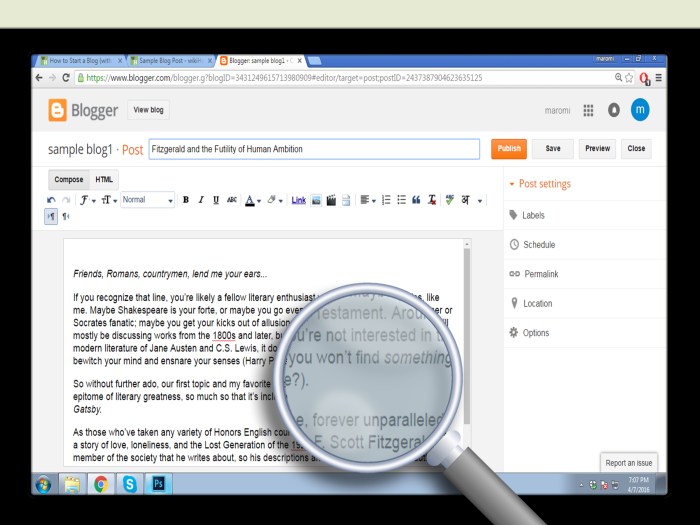
Choosing the right niche is crucial for the success of your blog. It helps you focus your content, attract the right audience, and establish your expertise in a specific area.
The Importance of Choosing a Niche
Identifying a niche allows you to stand out in the crowded blogosphere. It helps you create content that resonates with a specific audience, making it more likely for readers to engage with your blog. By focusing on a niche, you also position yourself as an authority in that particular subject matter.
- Choose a niche based on your interests and passions. Writing about something you love will keep you motivated and enthusiastic about creating content.
- Consider your expertise and knowledge in a certain area. Sharing valuable insights and information that you are knowledgeable about will help you build credibility with your audience.
- Think about your target audience and their needs. Understanding who you are writing for will help you tailor your content to meet their interests and expectations.
Remember, the more specific your niche, the easier it will be to attract a loyal readership.
Setting Up Your Blog
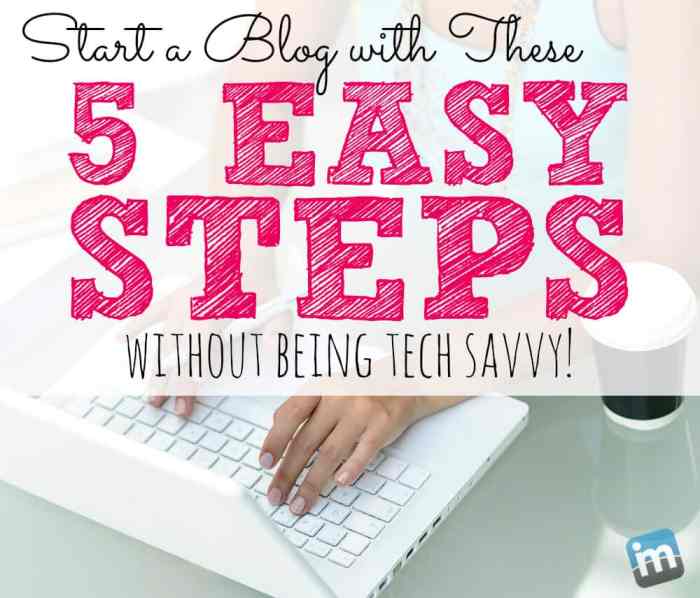
Now that you have chosen your niche and blogging platform, it’s time to set up your blog. This involves registering a domain name, selecting a hosting provider, and optimizing your blog settings for and user experience.
Domain Registration
When it comes to domain registration, choose a domain name that is relevant to your niche and easy to remember. Make sure to register your domain with a reputable domain registrar to ensure security and reliability.
Hosting Provider Selection
Look for a reliable hosting provider that offers good uptime, fast loading speeds, and excellent customer support. Consider factors like bandwidth, storage, and security features when selecting a hosting plan for your blog.
Creating Your Blog on the Chosen Platform
Once you have registered your domain and selected a hosting provider, it’s time to create your blog on the chosen platform. Follow the platform’s instructions to set up your blog, customize the design, and add essential pages like About, Contact, and Privacy Policy.
Optimizing Blog Settings for and User Experience
Optimize your blog settings for search engine optimization () by adding relevant s, meta descriptions, and alt tags to your content. Make sure your blog is mobile-friendly, easy to navigate, and loads quickly for a seamless user experience.
Creating High-Quality Content
Creating high-quality content is essential for the success of your blog. It not only helps in attracting and retaining readers but also establishes your credibility as a blogger. Here are some tips to help you create valuable and engaging content:
Brainstorming Blog Post Ideas
When brainstorming blog post ideas, consider the interests of your target audience. Think about what topics they would find useful, entertaining, or inspiring. You can also draw inspiration from your own experiences, industry trends, or current events. Remember to keep your content relevant and aligned with your blog’s niche.
Structuring Content
To structure your content effectively, start with a captivating introduction that grabs the reader’s attention. Use subheadings to break down the content into digestible sections. Make sure your writing is clear, concise, and easy to follow. Incorporate visuals like images, infographics, or videos to enhance the readability of your posts.
Consistency in Posting Content
Consistency is key when it comes to posting content on your blog. Regular updates keep your audience engaged and coming back for more. Create a content calendar to plan your posts in advance and stick to a consistent posting schedule. This will help you build a loyal readership and maintain their interest in your blog.
Promoting Your Blog: How To Start A Blog
Promoting your blog is essential to attract readers and grow your audience. There are various strategies you can use to increase visibility and reach a wider audience.
Social Media Promotion
- Utilize popular social media platforms such as Instagram, Facebook, Twitter, and Pinterest to share your blog posts and engage with your audience.
- Create eye-catching graphics and captions to grab attention and drive traffic to your blog.
- Join relevant social media groups and communities to connect with like-minded individuals and promote your content.
Optimization, How to Start a Blog
- Optimize your blog posts for search engines by using relevant s, meta descriptions, and alt text for images.
- Focus on creating high-quality, valuable content that will naturally attract organic traffic from search engines.
- Build backlinks from reputable websites to improve your blog’s authority and search engine ranking.
Guest Posting
- Collaborate with other bloggers in your niche by writing guest posts for their blogs and inviting them to write for yours.
- Guest posting can help you reach a new audience and establish credibility within your niche.
- Ensure that the content you provide is valuable and relevant to the host blog’s audience.
Networking and Building Relationships
- Engage with other bloggers through comments, social media interactions, and networking events to build relationships and support each other.
- Collaborate on projects, interviews, or webinars with other bloggers to leverage each other’s audiences.
- Building a strong network of bloggers can help you gain exposure and grow your blog organically.
Monetizing Your Blog
Monetizing your blog is a key step in turning your passion for writing into a source of income. There are several methods you can explore to start making money from your blog.
Different Methods of Monetizing a Blog
- Affiliate Marketing: Promoting products or services and earning a commission for every sale made through your unique affiliate link.
- Sponsored Posts: Partnering with brands to create content promoting their products or services in exchange for payment.
- Ads: Displaying advertisements on your blog and earning money based on clicks, impressions, or conversions.
Importance of Building a Loyal Audience Before Monetization
Building a loyal audience is crucial before monetizing your blog as loyal readers are more likely to engage with your sponsored content and advertisements. They trust your recommendations and are more inclined to make purchases through your affiliate links.
Tips for Successfully Generating Income from a Blog
- Focus on providing valuable content that resonates with your target audience.
- Engage with your readers through comments, social media, and email newsletters to build a strong community.
- Diversify your income streams by exploring different monetization methods to maximize your earning potential.
- Track your blog’s performance using analytics tools to understand what content performs best and optimize your monetization strategies accordingly.

